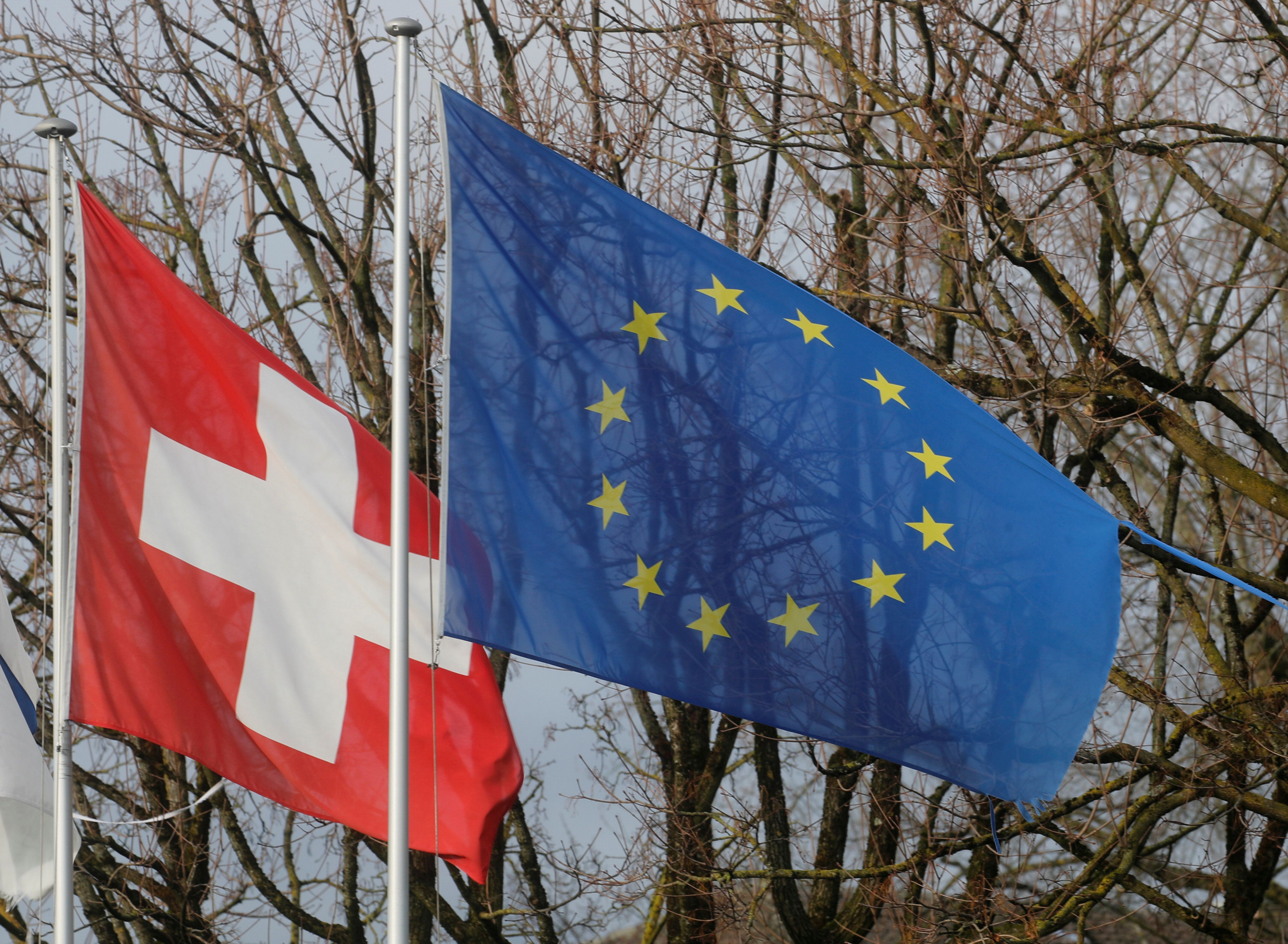Hard Numbers: Swiss borders, Thai anti-royal tweets, Nigerian air pollution, Vietnam recycles condoms
62: In a referendum over the weekend, nearly 62 percent of Swiss voters said they wanted to preserve freedom of movement between the European Union and Switzerland, which is not a member of the EU. The right-wing Swiss People's Party had proposed imposing migration quotas at the border, saying that the current frontier is basically a... (okay, they didn't actually say it's a "Swiss cheese" but still).
820,000: #RepublicOfThailand became the top trending Twitter hashtag in Thailand last Friday. Users tweeted it more than 820,000 times after parliament delayed plans to reform the Thai constitution, including curbs on royal power demanded by the youth-led protest movement challenging the monarchy.
11,000: Air pollution in Lagos, Nigeria's most populous city, caused more than 11,000 premature deaths in 2018 alone, according to a recent World Bank study. Children under five accounted for a majority of those deaths.
300,000: Vietnamese officials recently confiscated more than 300,000 used condoms that had been boiled, dried, reshaped, and then… put up for sale again in the southern province of Binh Duong. A local woman who was in on the scheme said she was paid by the pound for recycling the goods.
